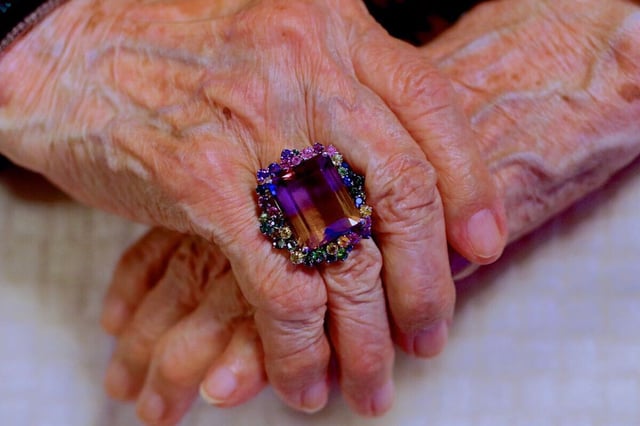Overview
- Spanish investigators led by Dr. Manel Esteller analyzed blood, saliva and urine donated by María Branyas before her 2024 death and integrated genomic, epigenetic and microbiome data over three years.
- The team reports her biological age was about 23 years younger than her chronological age, indicating cellular function typical of someone far younger.
- Findings include a youth-like gut microbiota, very low systemic inflammation, favorable lipid profiles and rare genetic variants linked to protection from cardiovascular disease, cancer and Alzheimer’s.
- Researchers also observed unusually short telomeres and posit that limited cellular lifespan could have constrained cancer growth, a hypothesis that requires validation.
- Because the results derive from a single exceptional case compared against large reference datasets, the authors emphasize these insights are hypothesis-generating and point to targets for future therapies.

